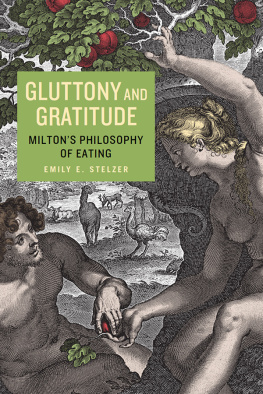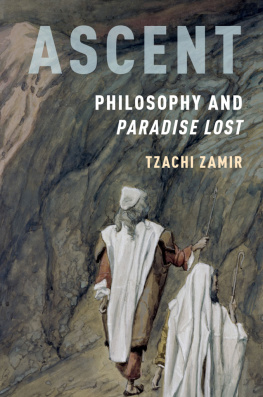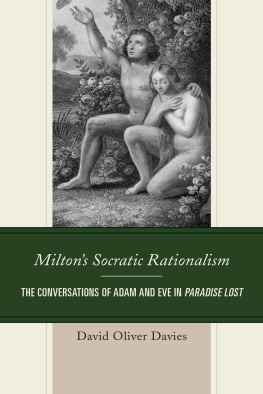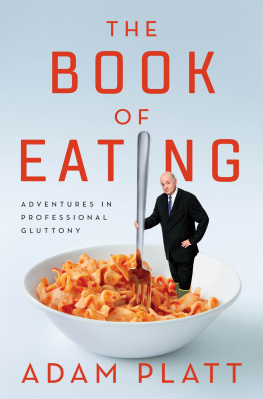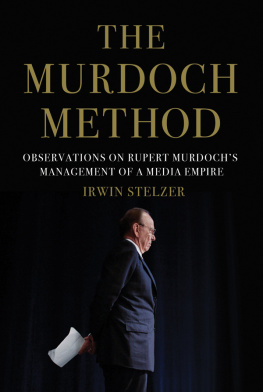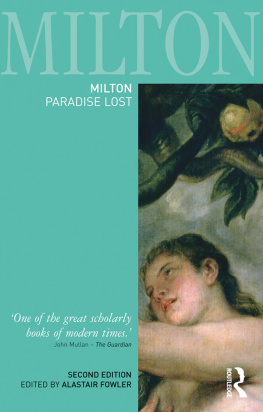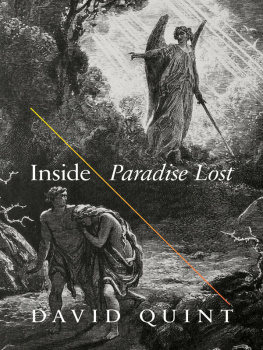Gluttony andGratitude
Medieval & Renaissance Literary Studies
General Editor
Rebecca Totaro
Editorial Board
| Judith H. Anderson | Jonathan Gil Harris |
| Diana Trevio | Benet Margaret Healy |
| William C. Carroll | Ken Hiltner |
| Donald Cheney | Arthur F. Kinney |
| Ann Baynes Coiro | David Loewenstein |
| Mary T. Crane | Robert W. Maslen |
| Stephen B. Dobranski | Thomas P. Roche Jr. |
| Wendy Furman-Adams | Mary Beth Rose |
| A. C. Hamilton | Mihoko Suzuki |
| Hannibal Hamlin | Humphrey Tonkin |
| Margaret P. Hannay | Susanne Woods |
Originally titled the Duquesne Studies: Philological Series (and later renamed the Language & Literature Series), the Medieval & Renaissance Literary Studies Series has been published by Duquesne University Press since 1960. This publishing endeavor seeks to promote the study of late medieval, Renaissance, and seventeenth century English literature by presenting scholarly and critical monographs, collections of essays, editions, and compilations. The series encourages a broad range of interpretation, including the relationship of literature and its cultural contexts, close textual analysis, and the use of contemporary critical methodologies.
| Foster Provost | Albert C. Labriola | Richard J. DuRocher |
| Editor, 19601984 | Editor, 19852009 | Editor, 2010 |
Gluttony and Gratitude

Miltons Philosophy of Eating
EMILY E. STELZER
The Pennsylvania State University Press
University Park, Pennsylvania
Library of Congress Cataloging-in-Publication Data
Names: Stelzer, Emily E., author.
Title: Gluttony and gratitude : Miltons philosophy of eating / Emily E. Stelzer.
Other titles: Medieval and Renaissance literary studies.
Description: University Park, Pennsylvania : The Pennsylvania State University Press ; Pittsburgh, Pennsylvania : Duquesne University Press, [2017] | Series: Medieval & renaissance literary studies | Includes bibliographical references and index.
Summary: Explores the philosophical significance of gluttony in Paradise Lost, arguing that a complex understanding of gluttony and of ideal, grateful, and gracious eating informs the content of Miltons writing?Provided by publisher.
Identifiers: LCCN 2017042071 | ISBN 9780271081007 (cloth : alk. paper)
Subjects: LCSH: Milton, John, 16081674. Paradise lost. | Gluttony in literature. | Food in literature.
Classification: LCC PR3562 .S74 2017 | DDC 821/.4dc23
LC record available at https://lccn.loc.gov/2017042071
Copyright The Pennsylvania State University Press
All rights reserved
Printed in the United States of America
Published by The Pennsylvania State University Press,
University Park, PA 16802-1003
The Pennsylvania State University Press is a member of the Association of University Presses.
It is the policy of the Pennsylvania State University Press to use acid-free paper. Publications on uncated stock satisfy the minimum requirements of American National Standard for Information SciencesPermanence of Paper for Printed Library Material, ANSI z39.481992.
for my family, especially Stephen
We conclude then that temperance would not be a kind of quietness, nor would the temperate life be quiet, as far as this argument is concerned at any rate, since the temperate life is necessarily an admirable thing.
plato, Charmides
Eating with the fullest pleasure pleasure, that is, that does not depend on ignorance is perhaps the profoundest enactment of our connection with the world. In this pleasure we experience and celebrate our dependence and our gratitude, for we are living from mystery, from creatures we did not make and powers we cannot comprehend. When I think of the meaning of food, I always remember these lines by William Carlos Williams, which seem to me merely honest:
There is nothing to eat,
seek it where you will,
but of the body of the Lord.
The blessed plants
and the sea, yield it
to the imagination intact.
wendell berry, Bringing It to the Table
contents
This project would have never materialized without the encouragement, support, wisdom, and expertise of many people. I begin by thanking Michael Bauman, John Alvis, and David Davies, gracious teachers who first introduced me to the serious (and for me, exhilarating) study of John Milton, his thought, and his works. Bauman may not remember his kindness in offering an undergraduate course on Milton at my request the summer after I received my B.A., and then letting me audit that same course, but I will never forget this gift. Davies and Alvis advised me in a dissertation that became my first foray into the cornucopia of Miltons food metaphors. A seedling of this project was published in Early English Studies, now the Early Modern Studies Journal, and so I thank the editors, especially Amy Tigner, for early advice and permission to reprint. Many thanks are due to the Miltonists and early modernists who have encouraged me in my project at its various stages of development, among them Rebecca Totaro, Nigel Smith, Kristin Pruitt, Dennis Danielson, and Lara Dodds, and to the Milton Society of America, the Murfreesboro Conference on John Milton, the National Humanities Center, and the Lanier Theological Library for cultivating environments of inquiry, gracious conversation, and thoughtful debate. My gratitude extends to my colleagues in the School of Humanities at Houston Baptist University, whose conversations not only have provided the gentle pressure I needed to complete this project but also have enticed me to consider a few of countless interdisciplinary trails, that, if all followed, would make this project interminable. My anonymous readers and the editors at Duquesne University Press deserve no small thanks for their patience and attention to this monograph, which is much improved for their criticism and advice. I am immensely indebted to Susan Wadsworth-Booth and all those who have striven on behalf of the Press in its final year of operation, and to those at Penn State University Press for their support and adoption of the Medieval and Renaissance Literary Studies Series. All above share in the credit for what is good in this book, while the responsibility for its weaknesses is solely mine. Finally, I am deeply grateful to my husband, Stephen, for his love, kindness, patience, good humor, encouragement, and companionship at table.
| AV | The Holy Bible: Authorized (King James) Version. First published 1611. All quotations not otherwise cited are from this version. |
| CM | The Works of John Milton. 18 vols. Edited by Frank Allen Patterson et al. New York: Columbia University Press, 193140. |
| CPEP | The Complete Poetry and Essential Prose of John Milton. Edited by William Kerrigan, John P. Rumrich, and Stephen M. Fallon. New York: Random House, 2007. |
| CPMP | John Milton: Complete Poems and Major Prose. Edited by Merritt Y. Hughes. 1957. Reprint, Indianapolis: Hackett, 2003. |
| A Maske | A Maske Presented at Ludlow Castle |
| OED |

